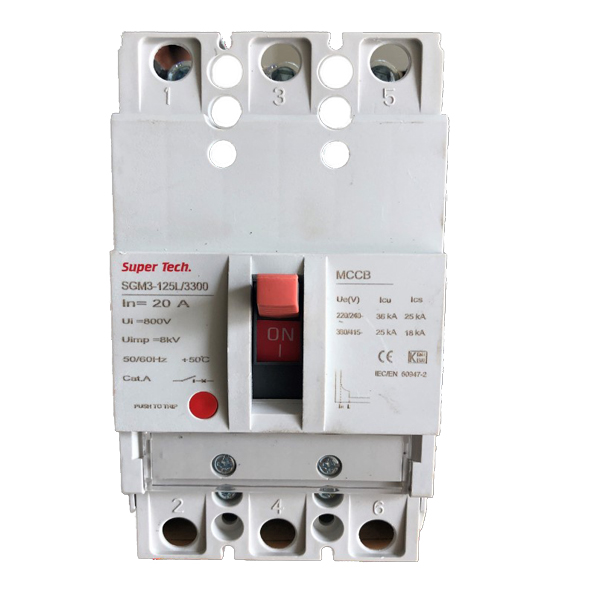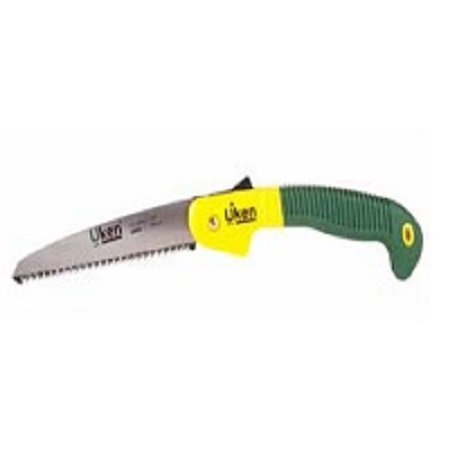MCCB EZC100H3100
BRAND: Schneider Electric
EasyPact EZC100H is a 3 poles fixed circuit breaker designed for the protection of low voltage electrical installations. It is used for standard applications in industries and buildings, offering good performance at competitive price
Item Code: AMSG-3228
Categories : Moulded Case Circuit Breaker (MCCB)
Tags : MCCB, Schneider
 Cash on delivery available
Cash on delivery available
 Return allowed
Return allowed
.jpg)
.jpg)
.jpg)
.jpg)
.jpg)
_(540_x_540).jpg)
5.jpg)
.jpg)
_(450_x_450).jpg)


5.jpg)
